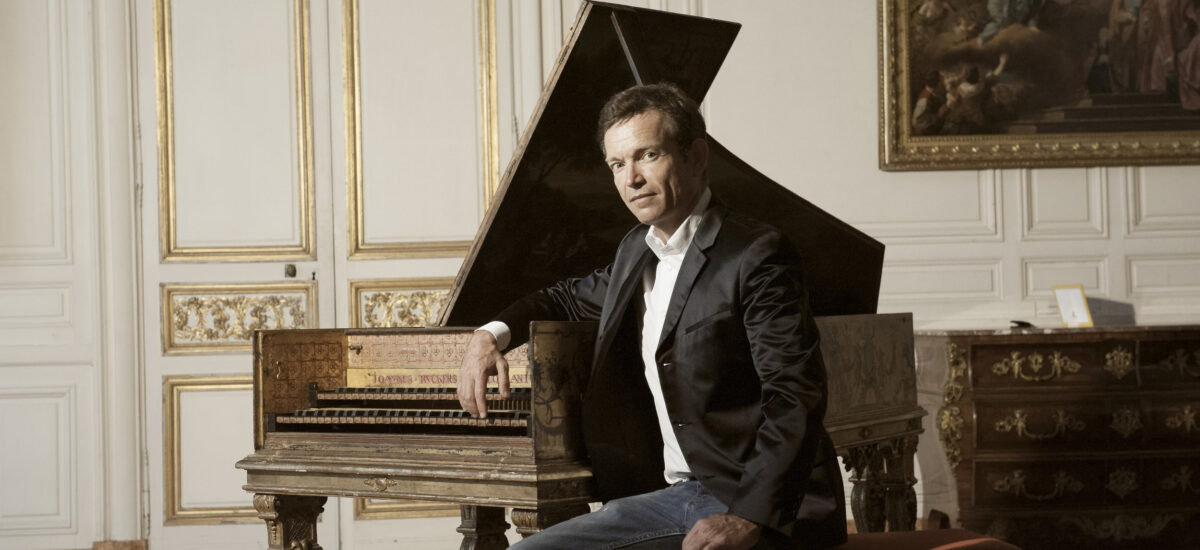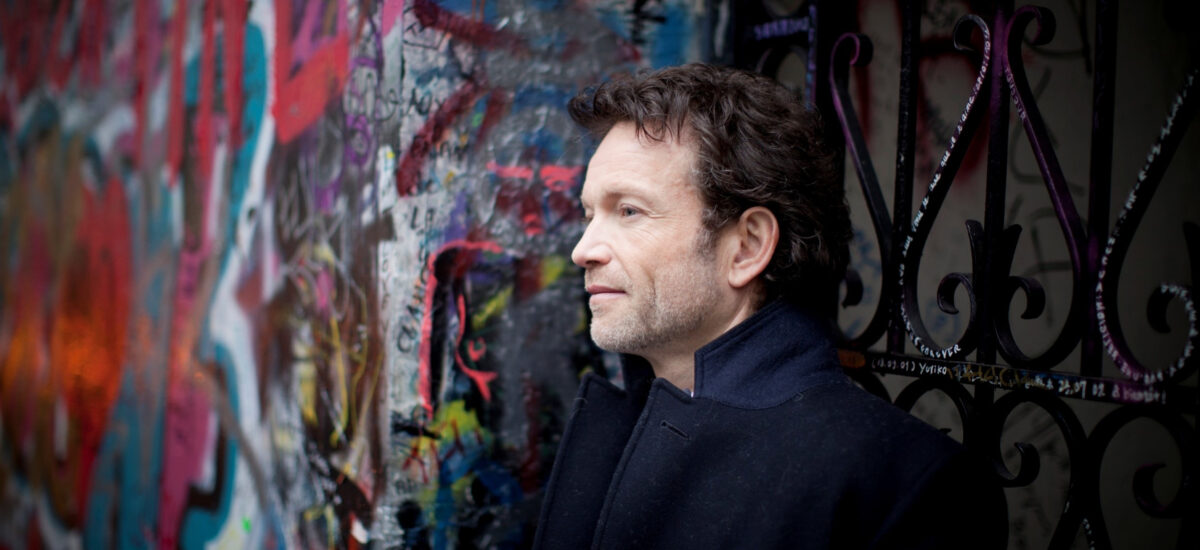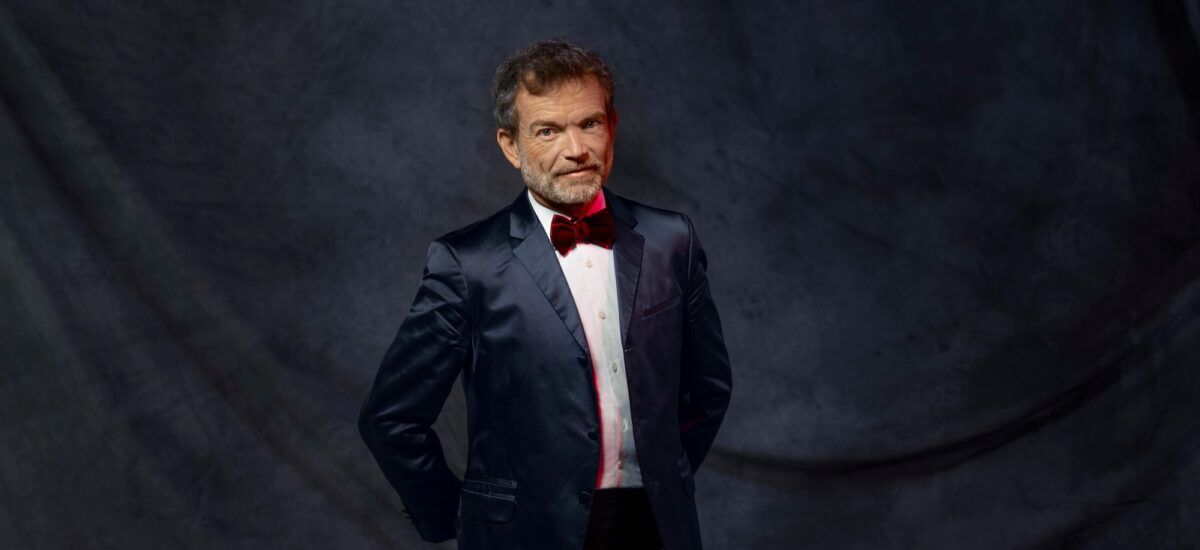TRANSCRIPT
Scofield: Your Les Talens Lyriques is an orchestra that you founded many years ago. Can you tell us about that?
Rousset: Yes. I founded this group in 1991, almost 30 years now. It’s incredible to look back at what I’ve done. There are many recordings but it’s still under construction, that’s to say we started so many things, like Lully’s cycle, all the productions of Monteverdi, Mozart, Handel, and Rameau. So, the group is doing quite well actually. It’s not just recordings, but recordings are important. For instance, we never came to Hong Kong. Without recordings, it wouldn’t be possible to talk with you today, see? So that’s for us very important to be active in the recording field. Also because we put repertoire that’s rare or never recorded before. That’s important to just make these new pieces or new versions known worldwide. That’s the goal of my group.
Scofield: Excellent. I mean, you’ve done a lot of opera, but it seems you do so much more. You’ve also performed secular madrigals, and cantatas, and air de cour, and it seems a huge amount of sacred Music as well. Christoph, you really do it all.
Rousset: Yes, I do a lot, but also I play harpsichord, and I teach, and I write. Sometimes, some people are more active than others. I like working, and I like performing and practicing. So it’s not an effort. It’s just a joy.
Scofield: Well I’m sure it’s one of your secrets of success, Sir Christophe. I gather you are also one of the foremost authorities on the work of Jean-Baptiste Lully, the court composer to Louis XIV.
Rousset: Yes, it’s a composer I really love. He’s fundamental in French music. He changed the musical world in France completely, and the French opera created by Lully is actually a very continuous tradition through Lully and his successors, like Campra and Rameau, going through Berlioz and Gounod. This French tradition of opera was really founded by Lully. The thing that is the most surprising for me, is that he created the French opera but he’s questioning his own form all the time, and he’s finding new solution, new recipes all the time, to make something incredible and surprising. I just enjoy conducting this music, and it’s a really incredible experience.
Scofield: Well, I think a testimony to your enormous talent and success, Christophe, that you are winning lots of applause for a recording of an opera by Lully. This one is called Isis, and that one won the Gramophone Editor’s Choice in January and the BBC Music Magazine Opera Choice. With Lully, you’re also on a roll!
Rousset: I’m very happy to hear that. This music can sound so boring and dull if you don’t put blood and flesh in it. So I always shake my troops very violently to just obtain what I want. I want passion, I want emotion in this music, and it’s possible. Lully really offers a fantastic frame for performance, so you have to just find the space for the performer and feel it. We need good performers, we need flesh and blood, as I said before, just to make it alive. And when it’s alive, it’s incredible, because it’s a catalog of passions. It’s changing all the time. I like especially the fourth act in this Isis, which is the torture of the nymph. And all those torturers are kind of enjoyment, probably because Juno is enjoying to see this nymph tortured. But we are in this position, as an audience, as listeners, the same position as Juno, that’s to say, we enjoy these moments and this is incredible. It’s not in the tragic or spooky way, it’s just enjoyment. and I think the fourth act is really the peak of this opera.
Read more about Christophe Rousset on their OFFICIAL WEBSITE.




